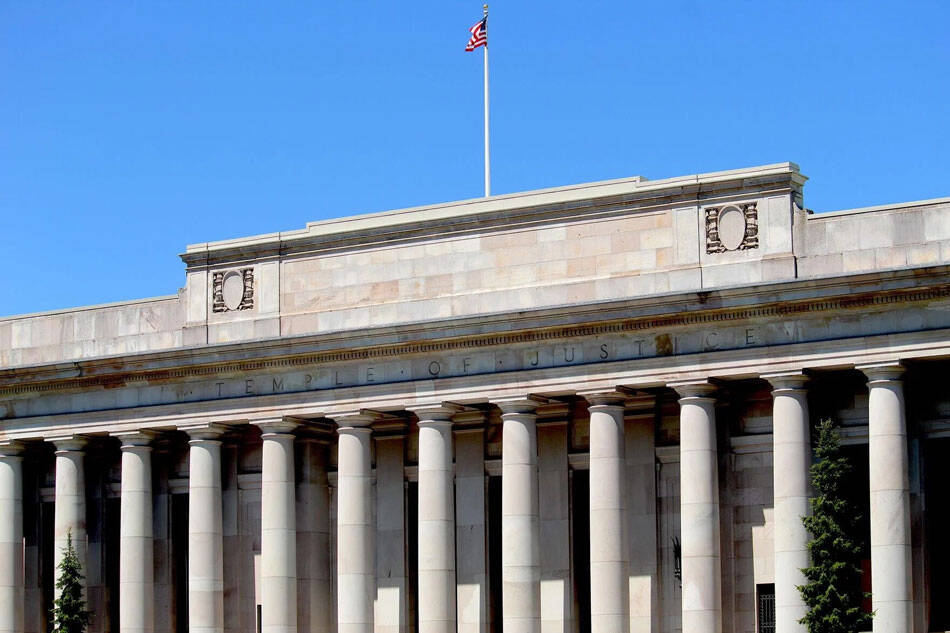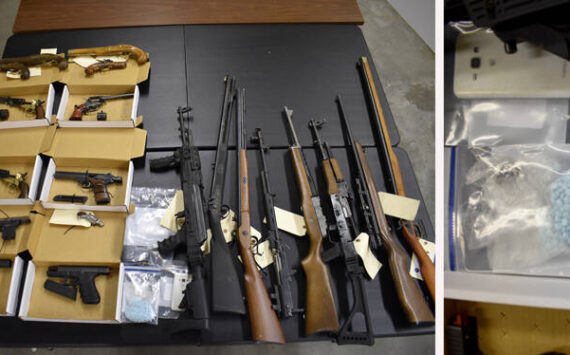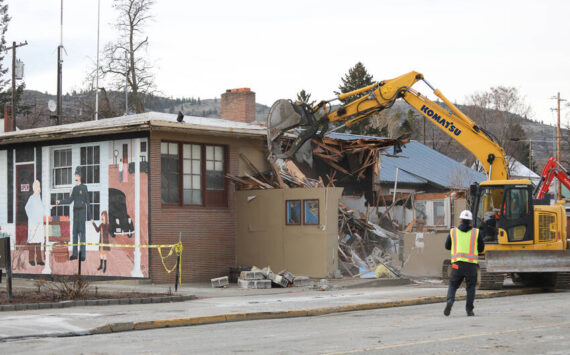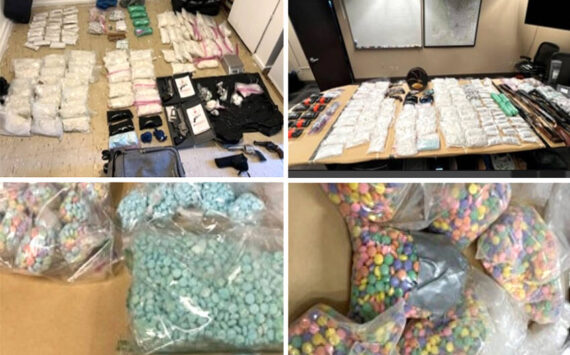By Randy Bracht | The Center Square
(The Center Square) – A divided Washington Supreme Court ruled Thursday that sheriffs in the state’s non-charter counties can order the deployment of tear gas to quell a riot without seeking authorization from the chair of a county’s board of commissioners.
A recent state law inhibiting a sheriff’s discretion in such situations is unconstitutional, a majority of justices said in a 5-4 opinion. The ruling upheld a prior trial court decision that the law violated the Washington State Constitution by interfering with a sheriff’s core functions.
The law was challenged by sheriffs, commissioners, and prosecutors in Lewis, Columbia, Ferry, Garfield, Grant, Skamania and Spokane counties.
The measure was one of several statutes enacted by state lawmakers in 2021 in response to waves of protest across Washington and the nation calling for racial justice and reforms of police practices and tactics.
The underlying law still places limits on the use of tear gas, saying it cannot be deployed unless there is a “present risk of serious harm” posed by a riot, a barricaded subject, or a hostage situation. Law enforcement is required to exhaust other alternatives to resolve such situations before deploying tear gas, which then requires authorization from a supervising officer, announcing its pending use to the involved subjects, and allowing the subjects “sufficient time and space” to comply with police directives before getting gassed.
But in addition to those provisions, the disputed section required law enforcement to obtain authorization from “the highest elected official of the jurisdiction in which the tear gas is to be used.” For non-charter counties in Washington, that would be the chairperson of the board of county commissioners. The only exception to that requirement was if a riot were happening inside a jail or correctional facility.
And it was that latter requirement – needing approval from the county commission chair – which the sheriffs, commissioners and prosecutors challenged as unconstitutional. They also argued that the statute wrongly placed the decision-making authority to one person rather than the entire board of commissioners.
Writing for the majority, Justice Charles Johnson said, “ … we conclude quelling riots is a core function of the sheriff’s office … the county sheriff has been responsible for quelling riots since before the ratification of our state constitution.”
“When the voters choose an elected official, they necessarily choose who will be responsible for the duties of that office. It would be fruitless … to the voters if the duties of those officers could be freely delegated to officers appointed to other government branches,” Johnson additionally wrote.
Johnson was joined in the opinion by Justices Barbara Madsen, Susan Owens, Debra Stephens and Justice Pro Tem Millie Judge.
Dissenting were Justices Steven Gonzalez, Mary Yu, Raquel Montoya-Lewis and Sheryl Gordon McCloud, who wrote that a sheriff’s office has never had “unfettered discretion to use any means” to suppress riots and that the new law “falls comfortably within the legislature’s … power to prescribe the duties of the office of sheriff.”
“ … using a dangerous tactic that affects broad parts of the law-abiding population affects not just riot control – it also affects public health and safety in general,” Gordon McCloud wrote. “And the sheriff’s office is not the only one charged with the duty to protect the peace and dignity of the state of Washington. Other elected officials share that duty.”
The plaintiffs’ legal challenge was initially filed last September in Lewis County Superior Court, where Judge J. Andrew Toynbee ruled that requiring law enforcement to seek authorization from a county commission chair to okay the use of tear gas during a riot was unconstitutional.
Toynbee’s decision was appealed by attorneys from the Washington State Legislature and Attorney General’s Office. The American Civil Liberties Union of Washington filed an amicus brief in support.








